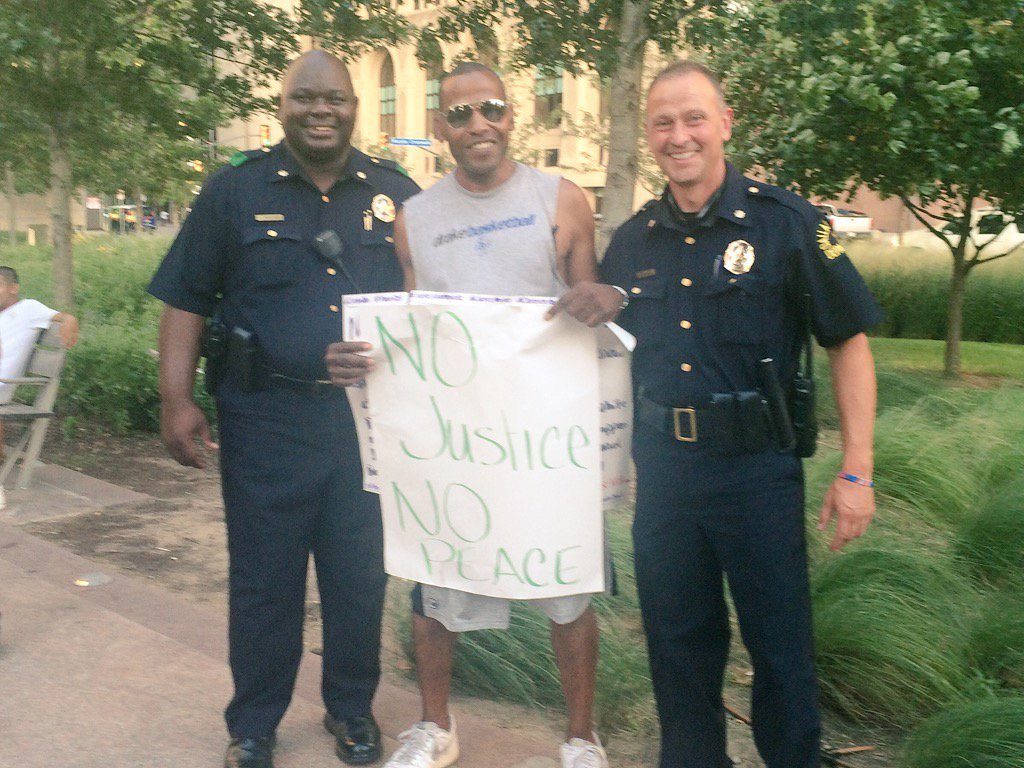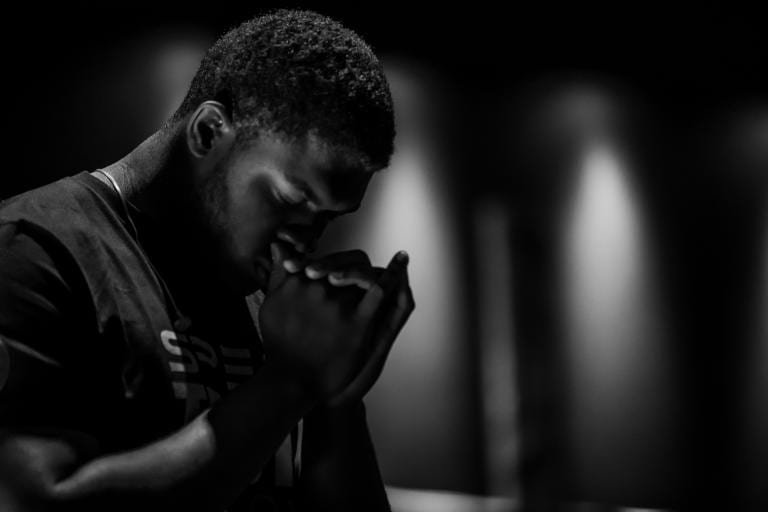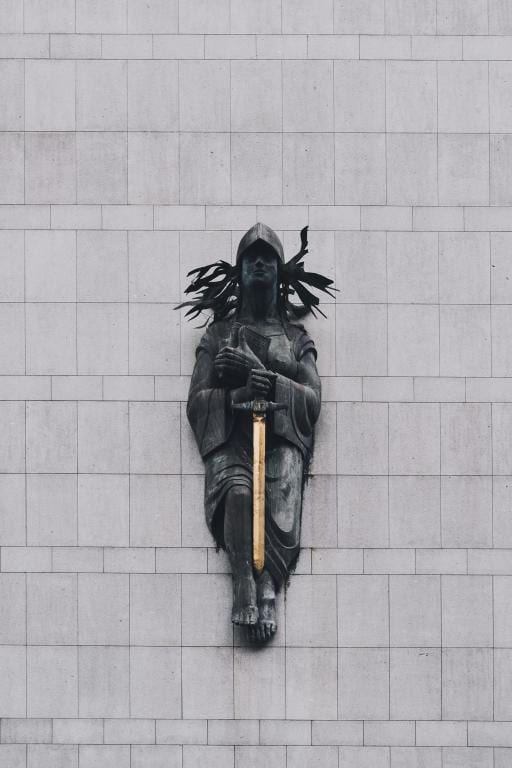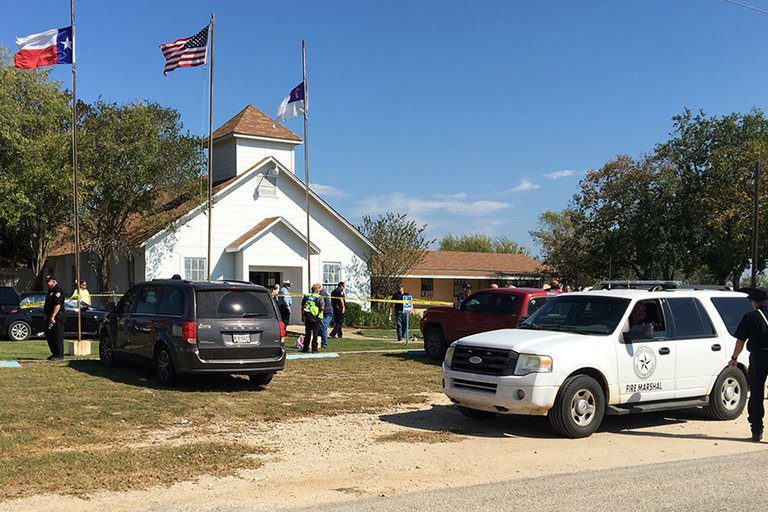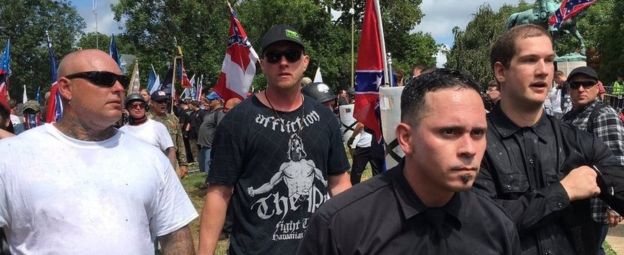I grew up in a racist home.
Prejudice was privately expressed. Racial slurs were commonplace behind closed doors, and Martin Luther King was the object of anger and suspicion.
I was intuitively uncomfortable with the racism that surrounded me. I avoided using the language that I heard, and I didn’t allow the prejudices to influence my behavior. I can’t explain my resistance to the language of racism that I heard so often as a child, and it took time to acquire the language that I needed to explain why I was convinced that language of that kind and, worse yet, the assumptions that lay beneath it was evil, divisive, and soul-destroying.
Having spent most of my life in the academy and the church, conversations about race and initiatives to create opportunities, introduce diverse voices, and foster conversation have been a central feature of every place that I’ve worked. That’s a good thing and there has been real progress.
But it is obviously not enough and the changes are hardly universal. The places that I work are a small corner of the world in which we live and, as my black colleagues observe, to whatever extent we have made a difference in the places where we work, there other, considerable parts of their lives that are lived out in which racism still figure prominently in shaping their experience.
I wish I knew what would make a decisive difference. I don’t. I can’t speak in existential terms to the black experience. I can’t claim to “know” what my black brothers and sisters experience and I lack the expertise to identify the changes that would make the greatest difference.
I am also fairly sure that “the answers,” if there are such things, are different from community to community; they involve more than one significant change; and they will require communal efforts. I am also sure, sad to say, that in the meantime there will be violent and divisive behavior that will threaten to up-end any progress that we make.
Toward that end, then, most of what I can name as important is of a more general nature. A list of things to avoid and a list of things to do.
What we should avoid doing, is this:
- We should avoid squandering the progress we have made, however imperfect.
- We should avoid scattering the existing community coalitions that are working for justice and reform.
- We should avoid being so global or theoretical that we fail to be helpful.
- We should avoid fueling emotions that cloud our judgment.
- And we should avoid actions that foster alienation.
Dissatisfaction and frustration with continued loss of life and discrimination is entirely understandable, but rhetoric that erodes the progress we have made could be a tragic and unintended consequence of what I am sure is meant as a call to action.
The list of things we should do, broadly speaking, is this:
- Let us stand together.
- Let us get more specific about what would make for progress.
- Let us move forward in our efforts.
- Let us work locally, because only in owning our choices can we guarantee progress.
- And let us remain vigilant, because the hard work of addressing the issues ahead of us will meet with frustration and setbacks.
Dallas may have led the way.
The picture above was distributed the day of the march in Dallas by the City Police. By all accounts it reflects what was best about that day, the tenor of the demonstration, and the attitudes of the City’s leadership and law enforcement officers. It also represents the kind of generosity of spirit and cooperation that was threatened and could have been lost in the middle of the tragic events that followed later in the day. But the officers who rushed to protect the marchers, the Chief of Police, the Mayor, and — on the following day — the religious leaders of the City rallied to the defense of the best in one another.
It will be challenging to name the specific actions that need to be taken in order to achieve and preserve the promise of that picture. But let us pray that the people of Dallas and we as a nation will commit ourselves to the kind of world that makes that promise a reality.


